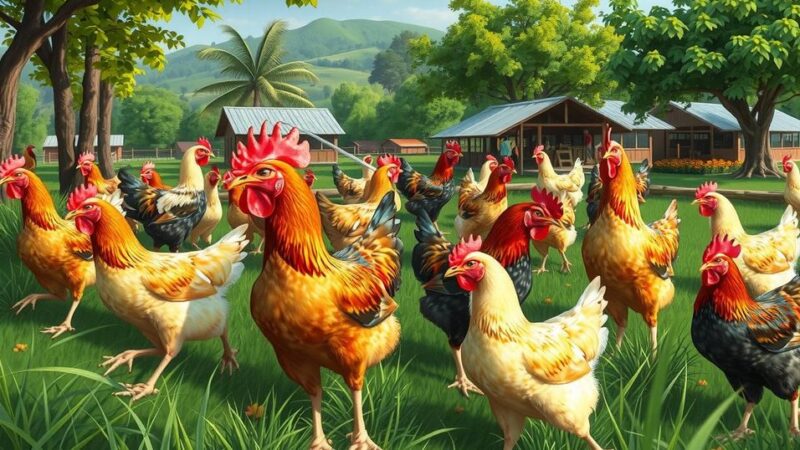Current weather challenges in key producing areas for sugar and coffee are causing notable price shifts in the commodities market. Brazil and India are experiencing dry spells, leading to decreased raw sugar prices and increased cocoa and coffee prices. These climatic disruptions highlight the importance of adapting agricultural strategies and understanding the implications for related industries and investors.
The commodity markets are currently experiencing fluctuations due to adverse weather conditions affecting key producing regions for sugar and coffee. Notably, the Centre-South of Brazil and specific areas in India are undergoing dry spells, prompting concerns over supply and resulting in notable price changes.
As a consequence of unfavourable climatic conditions, raw sugar futures have fallen to 19.96 cents per pound, while the price of white sugar has dropped to $560.10 per ton. In contrast, cocoa prices have seen an increase, with New York cocoa rising by 2.2% to $8,201 per ton, attributed to yield worries in Ivory Coast and Ghana. Likewise, in London, cocoa has reached £6,278 per ton. Coffee is also under pressure, with arabica prices climbing 1.4% to $3.8930 per pound and robusta escalating to $5,490 per ton as Brazil’s drought impacts production.
Weather-related disruptions are reshaping the dynamics within the commodity markets, presenting challenges for investors and traders alike. The observable volatility in coffee and cocoa prices indicates potential supply shortages, underscoring the necessity of understanding these impactful shifts for sectors reliant on these commodities, including chocolate and beverage industries.
The implications of climatic changes extend beyond immediate supply concerns. Global markets are increasingly recognizing the enduring effects of weather patterns and climate change on agriculture. These developments necessitate a reevaluation of agricultural strategies and broader investment considerations worldwide. There is a growing trend towards sustainable farming practices as industries aim to mitigate environmental impact.
In summary, adverse weather conditions are significantly influencing commodity prices, particularly for sugar and coffee, leading to increased market volatility. Stakeholders must navigate these evolving dynamics, as broader climate impacts challenge agricultural norms and promote sustainable practices across industries. Understanding these changes is critical for sectors dependent on these commodities, which hints at future market adjustments.
Original Source: finimize.com





